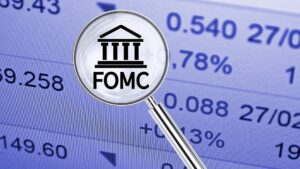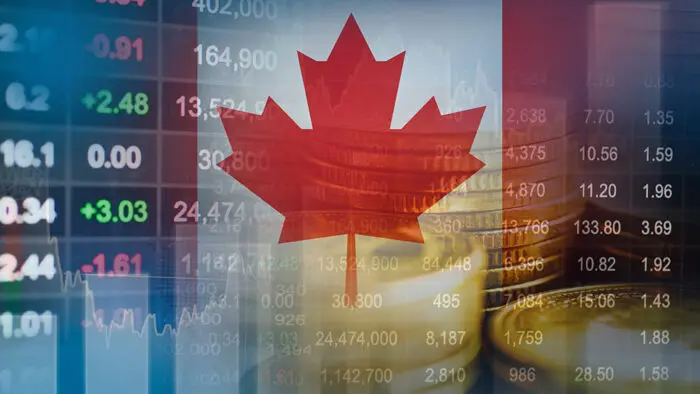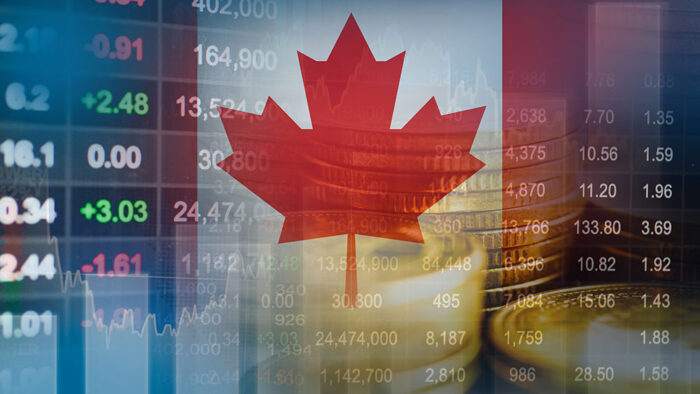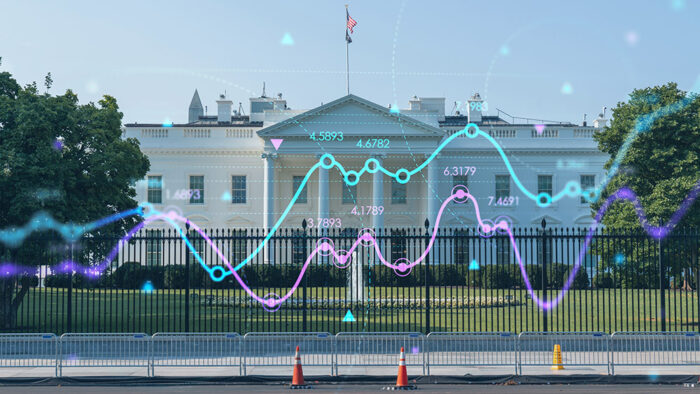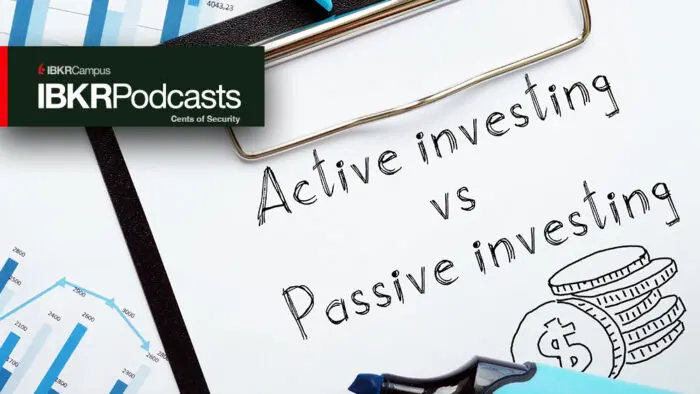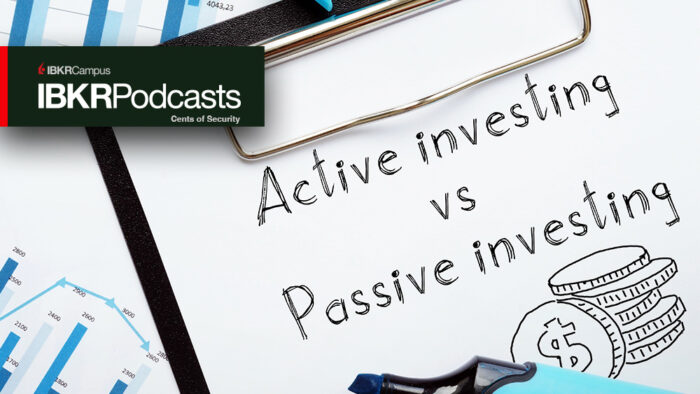Thinking back on this week’s market moves, I have been wrestling with questions about why we saw such a ferocious move on Monday. Pfizer’s (PFE) vaccine news was undoubtedly a positive, especially its efficacy. But why was the news treated like a “black swan?” Was there anyone who did not believe that a vaccine was in the works? Wasn’t this buoyant stock market already looking forward to a post-pandemic recovery in a few months?
Earlier this week I wrote about the seemingly immediate rotation from growth stocks to their value-oriented brethren. If markets were indeed factoring in the potential for growth in a post-pandemic economy, investors should have taken the vaccine news in relative stride. Yet they lurched violently. I heard one quantitative investor quoted as saying this was the type of move that shouldn’t have happened. But it did. And how many times in the past year have we heard comments to that effect? If something that should almost never happen actually occurs with relative frequency, then it is likely that someone needs reassess his probability assumptions.
The following rubric helps explain why we see larger than expected moves occur more often than expected:
Kurtosis + Leverage + Lack of Liquidity => Crazy Market Moves
The word “kurtosis” may be unfamiliar to many. It is a statistical term that refers to the steepness of a distribution. Distributions with higher kurtosis have “fatter tails” than a normal distribution. In practical terms, that means that unlikely events happen more than one might expect. That is pretty much the exact situation that we see in markets.
One might then wonder how teams of well-trained quants could routinely miscalculate a somewhat basic statistical concept. I will argue that they don’t. Instead, they fail to reckon with two market concepts that are even more basic: leverage and liquidity. Leverage can increase returns, but it ca also magnify losses. If you feel more certain about an outcome, the more you are willing to risk. But as anyone who has ever received a margin call will recognize, investing with leverage can force someone into trades that they otherwise don’t want to make. When you see a violent market move, you can be almost certain that someone’s portfolio is in pain.
The old adage says “trade when you can, not when you have to.” Leveraged trades that are moving against an investor force him into trades that he has to make. One reason why that is especially painful is that forced trades require someone to consume liquidity. When a trader is required to consume liquidity it puts him at the mercy of others. And those others are not known for being merciful. (I speak from decades of experience here) During periods of high volatility, market makers widen their bid/ask spreads and shrink the size of their quotes. This is often less about greed than self-preservation. Market making has been described as trying to pick up pennies on train tracks. It might be lucrative, but you’d better not get hit by an oncoming train. The liquidity reducing actions that I described above are one of the few ways that market makers can remain nimble enough to avoid catastrophe during sudden market realignments.
Disclosure: Interactive Brokers
The analysis in this material is provided for information only and is not and should not be construed as an offer to sell or the solicitation of an offer to buy any security. To the extent that this material discusses general market activity, industry or sector trends or other broad-based economic or political conditions, it should not be construed as research or investment advice. To the extent that it includes references to specific securities, commodities, currencies, or other instruments, those references do not constitute a recommendation by IBKR to buy, sell or hold such investments. This material does not and is not intended to take into account the particular financial conditions, investment objectives or requirements of individual customers. Before acting on this material, you should consider whether it is suitable for your particular circumstances and, as necessary, seek professional advice.
The views and opinions expressed herein are those of the author and do not necessarily reflect the views of Interactive Brokers, its affiliates, or its employees.
Disclosure: Margin Trading
Trading on margin is only for sophisticated investors with high risk tolerance. You may lose more than your initial investment. For additional information regarding margin loan rates, see ibkr.com/interest



